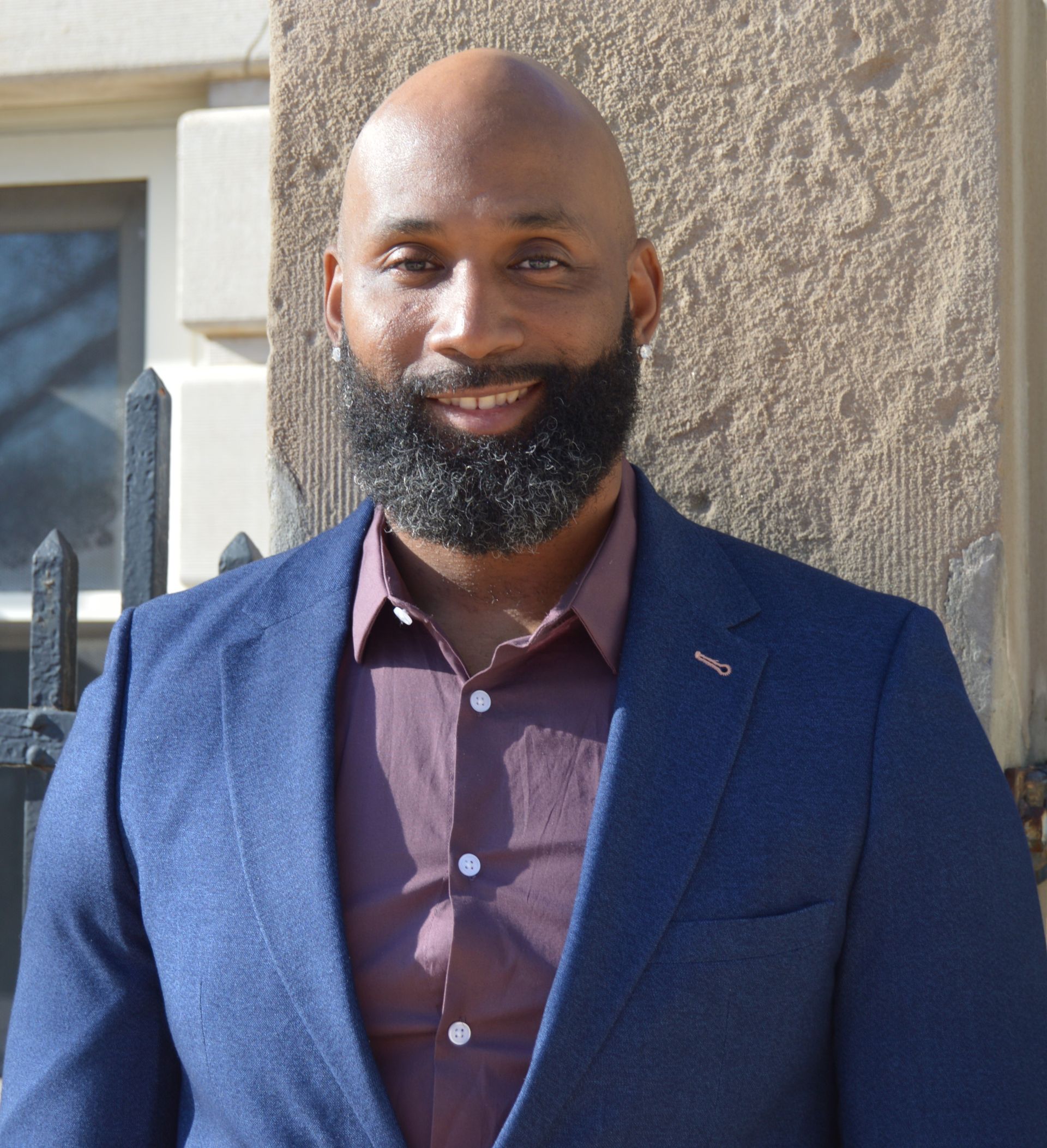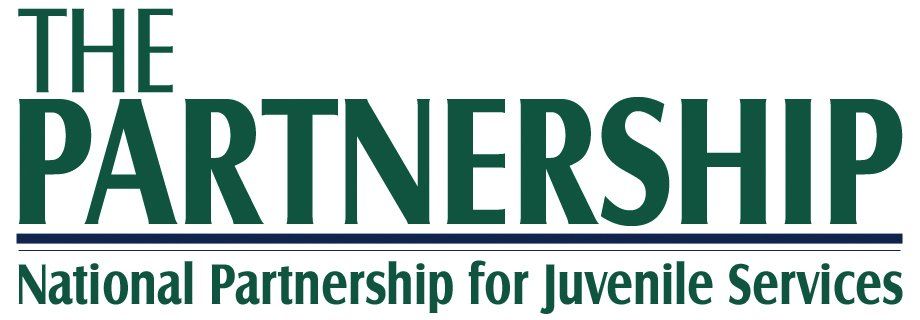Read Our Employee Interview
Juvenile Justice Spotlight

Donta' Smith
Juvenile Justice Consultant
Agency: USUS Mastery of Self, LLC; National Partnership for Juvenile Services
Office Location: Chicago, Illinois
1. What led you into the Juvenile Justice field?
“It started with a passion for working with young people. Growing up and being exposed by family members to gangs, and being part of them myself, I learned a lot about that negative lifestyle. It started changing for me when I lost my cousin who I was close to, in a drive-by shooting. I saw that things had to change, and I wanted to change myself, so decided I’d like to work with others to improve their lives.
I had low self-esteem in the beginning but was able to later secure a football scholarship that saved me. I majored in Criminal Justice and knew that I wanted to help out kids. I wanted youth to have the ability to interact with knowledgeable positive role models who can plant seeds of transformation for their future."
2. Tell us a part of your job that really energizes you.
“Coming up with a thought or idea regarding what you want to see done, figuring out how to implement it, and ultimately looking back after that thought has manifested into reality, then seeing the success achieved and how it positively impacts the youth we service. From a training presentation - a discussion being able to share my knowledge and skills with like-minded individuals and watching them succeed; full circle moments.”
3. What topic would you love to get more training on to help you in your job or with higher career aspirations?
“I’ve done a bit of everything but would love to learn more about the mental health aspect of juvenile justice. I’m now back at school to get my Masters in Mental Health/Counseling and am very excited about it.”
4. Who were your mentor(s) in the field? What is something that they taught you that you've carried with you throughout your career?
“I’ve had a few. Mack McGhee is one of them. I worked with Mack and got to see him in different capacities, including how he carried himself, his preparation, his speaking skills, and his overall knowledge. Willie Fullilove is another person. Fullilove is always cool, calm, collected in his approach and extremely knowledgeable in the field. Lastly, I’d have to say Carol Cramer Brooks. She may not know it, but she’s had a big impact because of the way she gets the job done and in being so energetic in the process. They are all wizards at what they do.”
5. If you could give advice to someone starting out in the field, what would it be?
“Be patient. Understand it’s going to take patience with yourself and others. Results typically don’t happen immediately, change takes time. Also, know yourself. Understanding who you are as a person will help you to better teach others. Because it’s a challenging field, these two things will make a big difference.
Also, get used to being uncomfortable. Learn and understand what you need to change to ‘shake things up’ a bit within yourself so you can better serve others. Inspect what you expect out of yourself and hold yourself accountable.”
6. I'm sure there have been a lot, but what has been one of the most memorable experiences for you since working in Juvenile Justice?
“It was when COVID occurred. With a lot of people passing and there being so much uncertainty, I was the Deputy Superintendent of Programs in D.C. My team and I had to brainstorm a lot to put together safety plans and cautionary measures’ support the wellbeing of our staff who showed up to work every day. It showed the resilience of the agency – both at work and at home - and the kids. Along the way, we had to develop plans for kids to see their family while overcoming so many additional challenges during this time.”
7. If you could give words of wisdom to a youth currently involved in the Juvenile Justice system, what would they be?
“Bet on yourself. Push all your chips in on you. If you have a wild idea, explore it, ask for support when you need it, do what is best for yourself. Focus on becoming the best version of self. When you get comfortable don’t stay there, it's healthy to feel some discomfort. It's not about impressing other people or being liked so don’t let that influence who you want to become. “If you can Master yourself, you will be able to master anything. Lastly, be your authentic self and show your light to the world yourself. You are our future.”
8. What concerns do you have about the current state of Juvenile Justice?
“I’m concerned about the mental health aspect for the kids in the system. I think we have to have/learn patience about the traumas that these kids have and take the time to understand where they’re coming from. We have to make sure we get to the root of what the problem is. Most people just see a bad youth, but I see a youth who hasn’t identified his/her trauma and triggers. We have to make sure we go deeper in trying to understand our youth.”
9. What major contribution do you feel you have made in Juvenile Justice?
“I’ve given it my all, all the time. I’ve given my patience, my wisdom. I feel that when I help one person it helps by rippling out and affecting others. It’s about knowing how I can help somebody to help out others. Continuing to work on mastering myself has helped me to help others become their greatest version of self.”
10. What do you enjoy doing when you're not at work?
“I’m somewhat of a Zen master. I like to meditate. I have different crystals and am into grounding. I like to go within myself. Spending time with my loved ones, I also love to travel, learn new things, speak with different people, and understand that there is more than one way to do things. I enjoy doing a 24 hour-to-72 hour dry fast and working out.”
